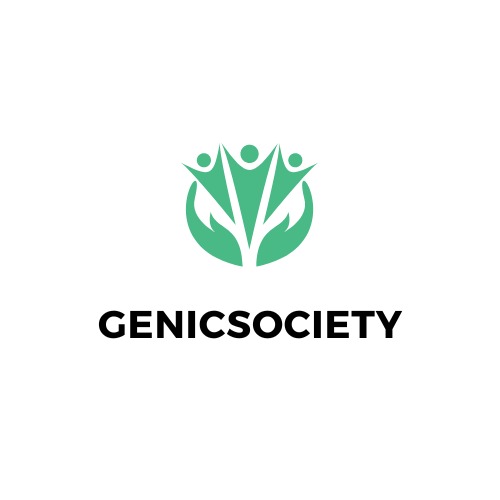Introduction
Businesses frequently struggle with deciding whether to spend money on Pay-Per-Click (PPC) advertising or Search Engine Optimization (SEO) in the field of digital marketing. Both approaches can be successful in increasing traffic and producing leads, and each has certain benefits of its own. However, your marketing plan, budget, and business goals will all influence which technique is best. This article compares and contrasts the advantages of PPC and SEO to assist you in determining which is best for your company. So choose wisely SEO Services Cochin or otherwise you can choose PPC as well its complete on you.
1. Recognizing SEO as a Long-Term Expense
Enhancing a website’s organic search engine ranks is the main goal of search engine optimization, or SEO. To improve your website’s visibility to search engines like Google, SEO entails refining its content, meta tags, backlinks, and site structure, among other components.
Benefits of SEO
Cost-Effectiveness: The main components of SEO are a one-time and initial time commitment, but the traffic derived from organic search results is practically free.
Long-Term Benefits: Even if you cut back or stop working on SEO, it can continue to bring in traffic and visibility over time.
Credibility and Trust: Because organic rankings are earned rather than purchased, consumers tend to view websites with these rankings as more reputable and trustworthy.
Difficulties with SEO
Time-consuming: Since SEO calls for constant optimization and content production, seeing noticeable benefits from it may take several months.
Algorithm Dependency: As search engine algorithms evolve, SEO tactics must also adjust to maintain their impact on rankings.
2. Comprehending PPC:
Instantaneous Outcomes with Authority PPC advertising is the practice of purchasing ad spaces on search engines and other websites. Promoters place a bid on keywords, and their ads appear when users search for those terms. You only pay when someone clicks on your ad.
PPC benefits include:
Quick Visibility: PPC gives you the ability to show up at the top of search results virtually immediately.
Targeted Audience: PPC makes it simpler to reach particular audience groups by enabling precision targeting based on keywords, demographics, location, and more.
Control and Flexibility: PPC gives you flexibility in your campaigns by giving you control over your targeting, ad copy, and budget.
PPC’s challenges:
Cost: Pay per click (PPC) can be costly, particularly in highly competitive industries with high bid prices. Over time, the cost per click may become unsustainable due to its rapid accumulation.
Results are temporary because PPC advertisements only show up as long as you keep paying for them. The traffic and leads end when the budget runs out.
3. Selecting From SEO and PPC: Factors to Consider
**1. Budget:
SEO could be a better option if you’re on a tight budget and would rather make a long-term investment. It doesn’t require constant funding and yields results over time.
PPC can fast increase targeted traffic to your website if you have a greater spend and want results right away.
**2. Objectives:
SEO is crucial for establishing long-term online credibility and authority. It aids in building a solid base for the exposure of your website.
PPC is more efficient for time-sensitive offers, promotions, or instant visibility because of its rapid setup and outcomes.
**3. Contest:
Even if your SEO rankings are still improving, PPC can let you stand out in highly competitive industries by putting you at the top of search results.
SEO might be a useful tool for specialized markets or certain, less competitive keywords more cost-effective way to achieve high rankings.
In summary
Both PPC and SEO have advantages of their own and are not exclusive. A well-rounded approach that incorporates both tactics works best for many organizations. PPC delivers instant visibility and focused reach, while SEO offers a solid, long-lasting base. By understanding the strengths and limitations of each, you can better allocate your resources to achieve your marketing objectives and maximize your online presence.
